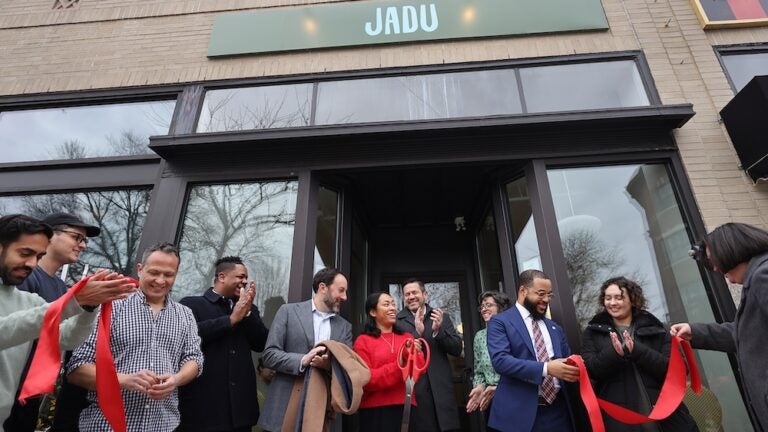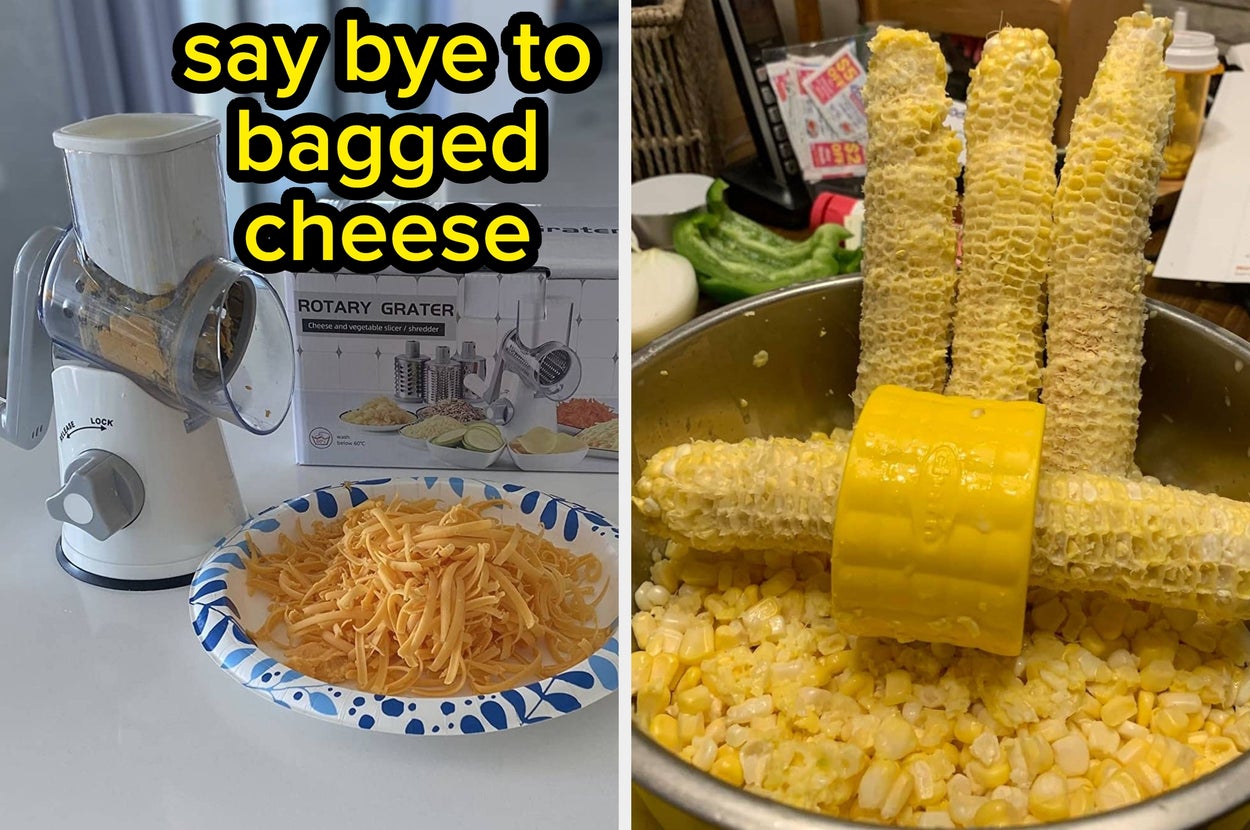By Katelyn Umholtz You’re reading The Dish , Boston.com’s guide to the Greater Boston food and dining scene. Sign up to get expert food guides, chef Q&As, and industry news in your inbox every week .
What does it take to open and run a restaurant successfully? Lots of costly factors that make me happy that I lack entrepreneurial ambition and dreams. In Boston proper, there’s also one more thing restaurant owners have to contend with: the notorious liquor license process . It’s pretty evident what such a limitation has done to the city.

A large concentration of the 1,000+ liquor licenses available are in Boston’s wealthier neighborhoods, like Seaport and Back Bay. When a limited, coveted license is no longer in use by one restaurant, it doesn’t go back to the city, but instead enters the private market. The going price these days? Up to $600,000.
But there was hope in September, when state lawmakers passed a bill that would give Boston additional licenses , most of them zip-code restricted, and through a process that would prioritize community needs. The first round of a process that will take three years came in February, when 37 businesses were granted licenses. I wanted to check in with a few of the first-round restaurants that received approval from the city’s Licensing Board back in February — though many of them are still waiting on approval from the state’s licensing control board .
Here’s what I learned from Jadu , Peruvian Taste Restaurant , and Fresh Food Generation about what they endured, and what’s to come. It was their only option Jose Villafranca, owner of Peruvian Taste, once looked at obtaining a beer and wine license before this batch drop. But he’d heard from other restaurant folks that it could cost him $150,000.
It would cost them even more if they wanted an all-alcohol license in order to serve mixed drinks. “We were like, ‘Alright, that’s something we’re never going to be able to afford.’” Maya Mukhopadhaya, owner of Jadu in Jamaica Plain, said she had to perilously go with her desired concept of a cafe and wine bar and sign a lease, even though she had no assurance that she’d ever get a license to serve wine.
“Even if you could afford [a $600,000 liquor license ], it doesn’t make financial sense for a small business,” Mukhopadhaya said. The businesses that are able to cough up that much money are often chains or have deep-pocketed investors. The list of 37 businesses that received liquor license approval in February are mostly very small businesses, and are mostly in neighborhoods that have few liquor licenses.
It was all about timing (and getting a lawyer) Villafranca said they began the months-long process of applying back in October, shortly after news broke that these licenses were up for grabs. “We jumped on the opportunity,” Villafranca said. “We worked with .
.. a really good lawyer who helped us with the whole process.
” Mukhopadhaya also used a lawyer, noting that having to use an attorney for such a process also makes it an equity issue. But she wanted to get the wording just right for her license application. She was still in the process of opening her cafe-wine bar when her lawyer turned in Jadu’s application.
Shortly after, the new licenses were available. “It was serendipitous,” Mukhopadhaya said. Fresh Food Generation general manager Victor Medina said their Dorchester restaurant tried getting a liquor license years ago.
Despite the process being pretty similar to how it is now, “it wasn’t enough” at the time, Medina said. “Finally we were lucky enough to get it this time.” What’s coming soon More adult beverages very soon, if you’re one of the 37 approved restaurants.
Mukhopadhaya already has a license and plans to get the bar program open to the public in May. There will be wine and some beer to start, with a menu of snacks and small plates. Since their license includes cordials as well as beer and wine, Jadu may later add cordial cocktails.
Peruvian Taste’s beer and wine license is currently awaiting its last step of approval from the ABCC, which should come soon. Villafranca has plans to introduce a new food menu, as well as some Peruvian beer and wine. “One thing about Peruvian food is it’s customary to have a glass of wine with your meal,” Villafranca said.
Fresh Food Generation snagged an all-alcohol license, which means they have their sights set on cocktails that are in line with their healthy Caribbean concept and use BIPOC-owned brands. But what Medina mostly mentioned was their excitement for more diners to come in, hang out, and participate in experiences the restaurant plans to put on — workshops, live music, and wine dinners — now that they have a bar and drinks to serve. “The liquor license is a way to get more people in to try our food and hang out with our team.
” I’m always on the hunt for incredible fried chicken, and I was successful once more on a weekend trip to Portland (where I won an award for first-place food page!) The dishes at Regards take influences from two delicious food cities, Los Angeles and Mexico City; when it comes to their fried chicken dish, which was clearly popular given the number of times I saw it come from the kitchen, the team used a type of corn flour to make it and topped the chicken with green coffee salsa macha. My table of seven ordered three plates of it and still wanted more. — Katelyn Umholtz Katelyn Umholtz Katelyn Umholtz covers food and restaurants for Boston.
com. Katelyn is also the author of The Dish, a weekly food newsletter . Sign up for The Dish Stay up to date on the latest food and drink news from Boston.
com. Be civil. Be kind.
.
Food

What these restaurants learned in getting liquor licenses

Jadu, Peruvian Taste Restaurant, and Fresh Food Generation are three of the 37 restaurants granted licenses in February.The post What these restaurants learned in getting liquor licenses appeared first on Boston.com.















